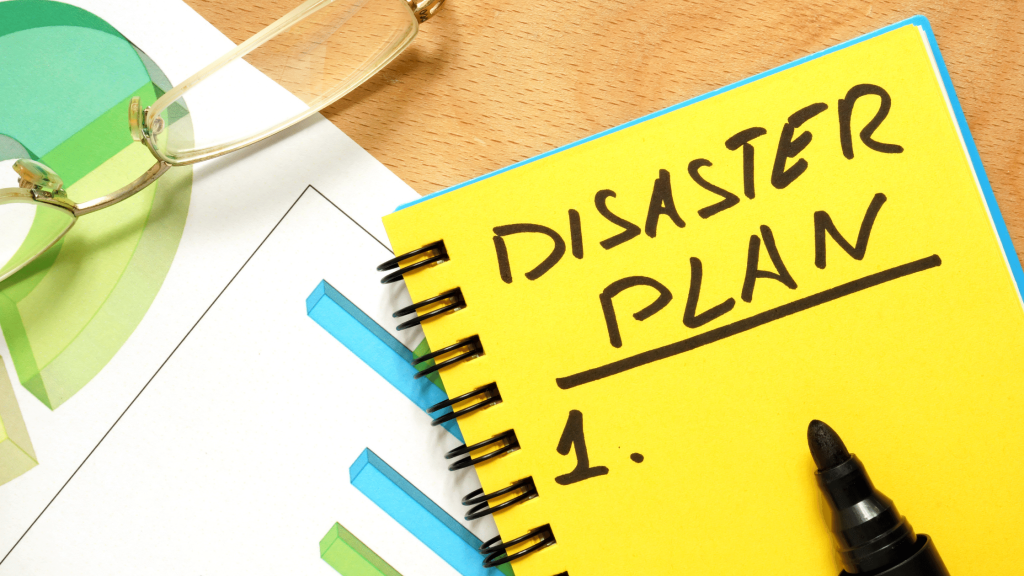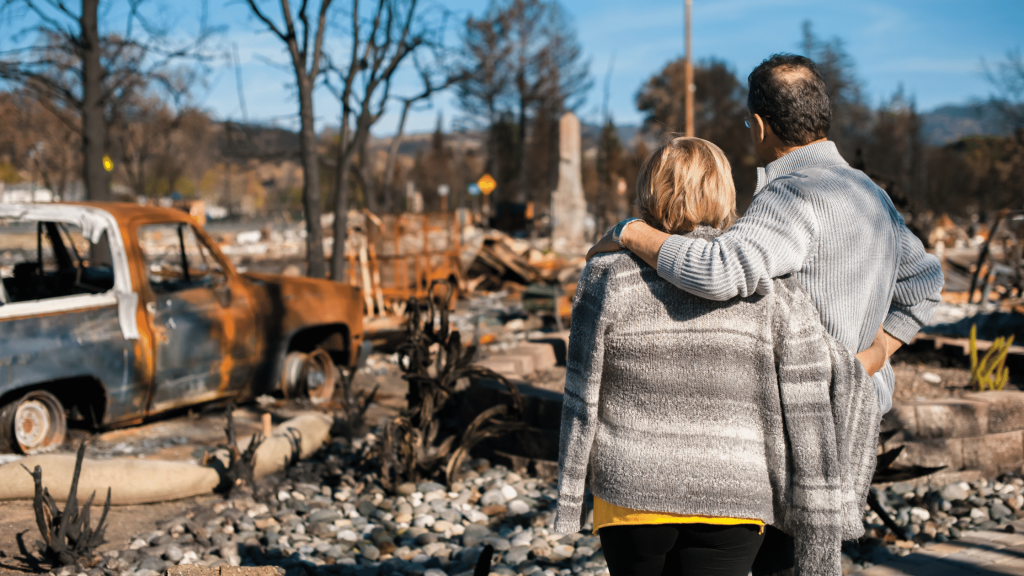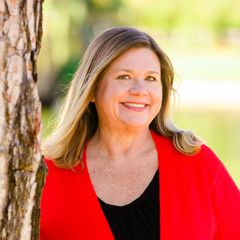Of course, nobody wants to think that anything bad will ever happen to them or their homes. However, the reality is, sometimes bad things happen. With so many fires occurring recently in California, there’s no better time to be prepared. You can’t anticipate the level of destruction that seismic activity, fire, or severe weather can bring. Yet, creating a plan to minimize damage to your property and keep your family safe in the wake of a disaster is your best course of action before an emergency actually occurs.
Being ready for an emergency involves equal parts research, knowledge, and action. Review these disaster preparedness guidelines to see where your plan stands, and what actions you can take to improve it.
Know Your Area’s Risks
In Southern California, earthquakes are often our top natural disaster concern. They can destroy foundations, collapse structures, and compromise the overall integrity of your home. Knowing where your home lies in relation to active fault lines is a great starting point to assessing your risks.
With our drought-prone landscape, fire is also a significant risk. Unfortunately, we’ve seen a lot of fires recently and there may be more coming. However, it’s also important to remember that much of our area lies in historic floodplains and deltas. Heavy rains after a drought or fire can create widespread flooding damage and mudslides.
Columbia University has a natural disaster risk map that can help you identify the risks found in your region. This is a great way to figure out which disasters to be prepared for. After all, there’s no point wasting time creating a disaster preparedness plan for something that’s unlikely to happen. It’s also a good time to check your insurance policies and confirm your coverage against various disasters.
Know What Makes Your Home Vulnerable
Living in an earthquake zone, prepping your home for a shake-up is always a smart move. Most things are easy DIY projects. For example, moving heavy mirrors and wall hangings away from sleeping areas, installing latches on cupboards where glass and ceramics are stored, or anchoring valuable keepsakes with adhesive or putty. Larger projects like bolting your house frame to the foundation will most likely need the services of a professional.
If you live in an area prone to fires, make sure your landscaping won’t fan the flames. If you are near dry hillsides, make sure any dry brush or vegetation is cleared well away from your home. Consider installing a water-wise garden utilizing succulents and rock-scaping around your house rather than large trees and shrubs. These can quickly dry out and ignite with airborne embers.
Have An Action Plan
The last thing you want to worry about in a disaster is not knowing what your next steps are. Create a disaster preparedness plan with your entire family, so everyone knows what to do in an emergency. It’s a good practice to decide on two meeting places in your neighborhood. One should be close by and one should be farther away. Keep a map with both spots marked with your emergency supplies.
Emergency supplies in the home are great. However, you also need to make sure you’re prepared to be on the move can be a crucial step in any disaster. A “go-bag” or a sealable portable container packed with survival essentials is a must-have if you need to evacuate.

Be Sure To Pack:
- Three days’ worth of food and water (at least a gallon per family member)
- Battery-powered (or hand crank) flashlights and radio
- Extra batteries
- First aid kit
- Whistle to signal for help
- Trash bags and duct tape, along with a dust mask
- Wrench or pliers to turn off utilities
- Manual can opener for food
- Regional maps
- Cell phone with chargers, inverter, or solar charger
- Moist towelettes and any personal sanitation
- Any important medications
Once you have your supplies together, it’s best to give them a check-up once a year to make sure nothing has expired. You may also want to make sure that any important papers are in a spot where you can easily grab them if you have to evacuate. This includes social security cards, passports, birth certificates, etc. However, paperwork like 401k plans, banking information, custody agreements, etc. should all be stored electronically. That way, you know you’ll have a copy of the most important information if the worst happens.
Disaster Preparedness Can’t Prevent Disasters…But it Can Minimize Damage
Disasters can make all of us feel like life is out of our control. By planning ahead and prepping your home and family’s supplies against the potential risks of an emergency, you can at least be secure in knowing you’ll have what you need if the time comes. Please keep in mind that this advice barely scratches the surface of disaster preparedness. However, they are a great start for making sure you and your family are prepared. Please visit ready.gov for more information on being prepared for a variety of emergencies.
If you have any questions about disaster preparedness or specific hazards in our area, we’re happy to help advise you on how to minimize your property risks. To get in touch please fill out the form below.




Leave a Reply